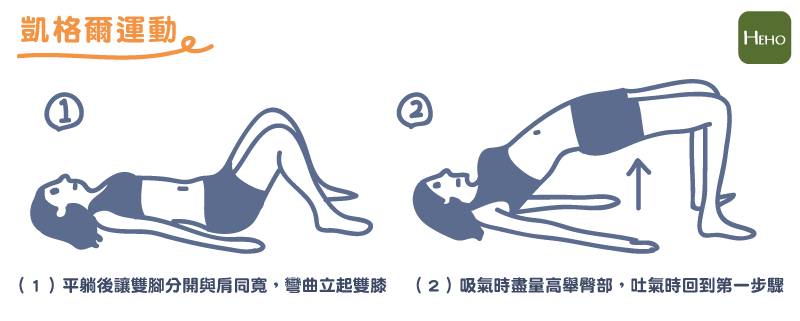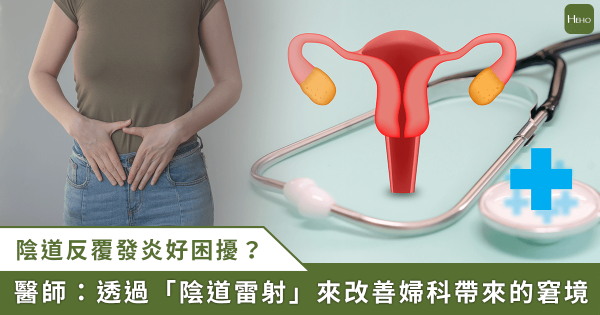As women go through childbirth, menopause, or are affected by diseases such as ovarian or breast disorders, the urogenital system gradually ages and atrophies. Common symptoms include vaginal dryness, itching, recurrent vaginitis, and pain during intercourse. In some cases, weakened vaginal tension can reduce bladder and urethral support, leading to urinary leakage during coughing, laughing, sneezing, or exercise.
Dr. Hsu Ling-Nei, a urologist at An-Nan Hospital, suggests that patients with recurrent urinary tract infections or vaginitis, especially those who have not responded well to medication, as well as younger women experiencing postpartum incontinence, menopausal vaginal dryness, atrophic vaginitis, or mild urinary incontinence, may consider "vaginal laser" treatment. Vaginal laser therapy promotes collagen remodeling and regeneration through photothermal effects, enhancing the pelvic floor support system and effectively alleviating urinary incontinence and vaginal laxity.
 Kegel exercises can strengthen the pelvic floor muscles. (Photo courtesy of Heho Health)
Kegel exercises can strengthen the pelvic floor muscles. (Photo courtesy of Heho Health)
Research shows that vaginal laser treatment significantly improves intimate health. Over the past six years, literature has indicated that more than 70% of patients no longer experience uncomfortable wetness 120 days after treatment, and 95% reported a substantial improvement in sexual quality of life. Post-treatment, the thickness of the vaginal mucosal layer and vascular distribution increased significantly, enhancing vaginal tightness and hydration.
Dr. Hsu reminds us that while vaginal laser therapy is highly effective, it is not a permanent solution. Patients are advised to undergo regular treatments to maintain optimal results, with each session lasting 15–20 minutes, once a month for at least three months, to achieve the best outcome. Women should pay attention to their intimate health and seek appropriate treatment early to improve their quality of life.







